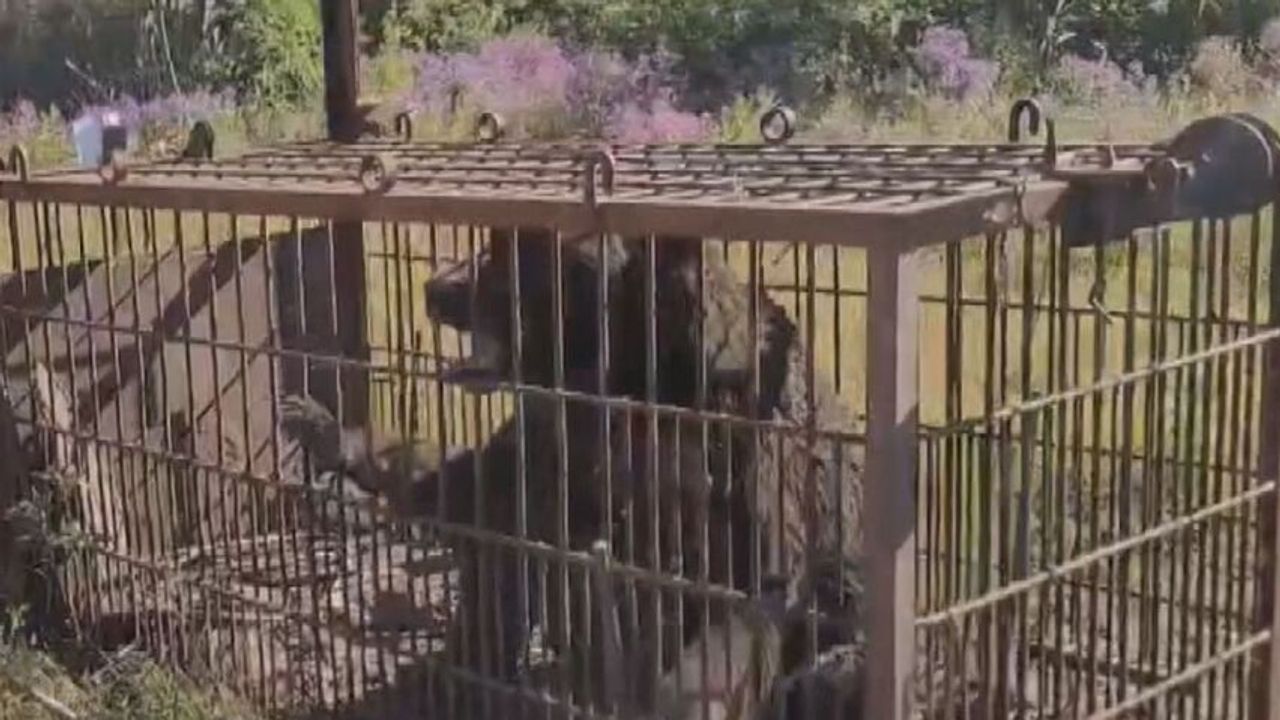The local hunting association in a small Japanese town continues to refuse to mobilize, marking a full month of inaction. Members of the association, who are typically responsible for wildlife control, have offered no public explanation for this halt in services. The ongoing standoff leaves townsfolk in a state of unease as they grapple with the potential risks posed by unmanaged wildlife in the area.
In Japan, local hunting associations play a critical role in maintaining balance in the ecosystem by controlling wildlife populations and preventing conflicts between humans and animals. Their refusal to perform their duties is alarming to local residents. This situation also bumps against the values of social harmony and duty, widely upheld in Japanese society.
In the U.S or EU, such a standstill could possibly lead to an escalation in human-wildlife conflicts, which could result in wildlife causing property damage, or in extreme cases, harm to humans. The U.S or EU might respond differently depending on the area, either by seeking outside help or implementing temporary control measures until the issue was resolved.

